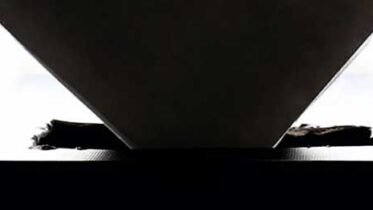The role of Intellectual Property in the internet
- 31 August 2017
The way we see Intellectual Property (IP) has undergone many changes throughout the decades, and the emergence of the internet has a large contribution to this
In fact, it can even be said that there is a before and a after the internet phenomenon, and it is quite evident that the internet had and still has an enormous and increasing influence in all aspects of human and society life. So, this had also to be reflected in the IP.
Firstly, because internet is based on real time, on immediate and global nature, enabling knowledge to reach much faster some locations in the world, which would have been unthinkable a few years ago. So, since the internet is a communication and knowledge vehicle, it is one of the most extraordinary means to make IP known, or rather, intangible assets.
It can even be said that the internet helped to create, alongside the so-called “traditional” market, an increasingly leading digital market, where brands are advertised, patents are disclosed, companies develop their business and works are publicized.
According to SIBS Market Report 2016, a study released by the manager of the Multibanco network aimed at knowing the relationship of the Portuguese with the different payment methods, there are four online stores of national origin in the Top 10 online stores preferred by the Portuguese: Continente, Worten, Ticketline and TAP. The same study indicates that 84% of the respondents may have already shopped online. SIBS Market Report 2016 also discloses that, according to a study by Ecommerce Europe*, it is estimated that the number of e-shoppers has already reached 3.1 million in Portugal, which represents 35% of the population over 15.
However, this new digital market also gives rise to controversy and causes problems, including in IP. Its immediate nature, linked with the distancing, only enabled by the internet, leverages conditions facilitating the existence of less clear or even abusive or unlawful situations, affecting third parties’ rights.
In this sense, let us consider the Cybersquatting phenomenon, characterized by the registration of domain names coinciding with well-known and prestigious brands and corporate names belonging to third parties. In most cases, this practice is aimed at forcing a subsequent transfer of those rights to their legitimate owners, always involving a payment. The appeal to competent bodies so as to reverse this situation, either by cancelling the domain, or by transferring it to its owner, is possible, subject to certain requirements.
Thus, the protection – through registration – of IP rights, should always be in the first line of action of any entity wishing to start or develop its activity, and it should also be safeguarded in all markets where it expects to operate. It is the only way to guarantee that the initial idea is achieved and materialises in an asset full of rights, imposing upon third parties and in the market, whether it is traditional and/or virtual.
Let us not forget that a good idea will be nothing more than that, if it is not disclosed but, and especially, if it is not protected/registered. Apart from this, there may be a risk of, by not protecting it, a good idea being no longer yours to become a good idea used by others.
Your presence in the markets, but mostly your continuity there in safe conditions, depend on the commercial strategy outlined, where, among other things, there has to be the protection of your IP assets and market and competition monitoring as essential elements.
* European B2C Ecommerce Report 2016








